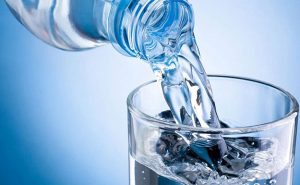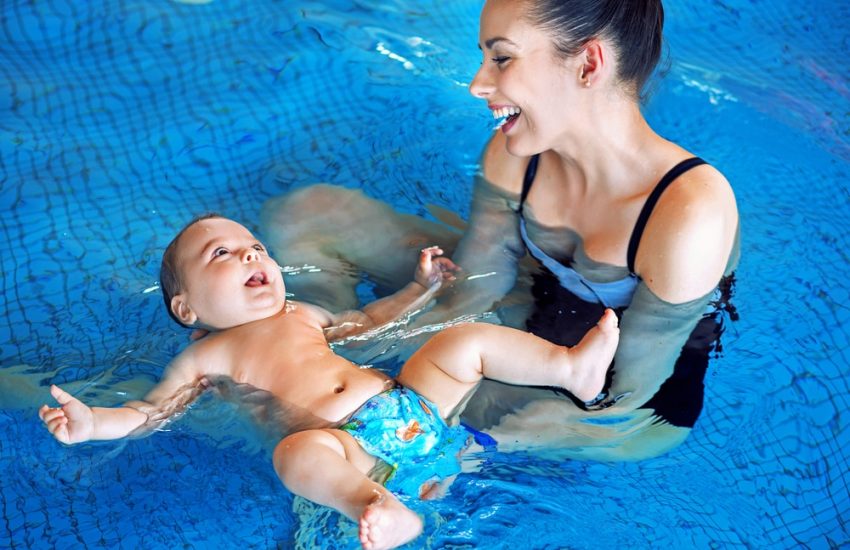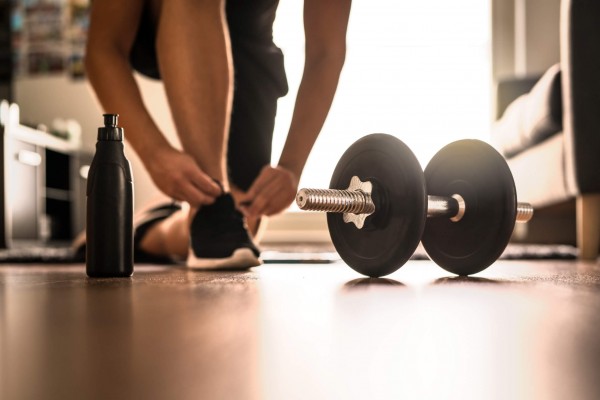The benefits of water
The benefits of water
If water has been found on an unknown planet, it means there is life there. Without water, man cannot survive for ten days, without food, not even a month. These concepts alone are an indication of the importance of water in nature and in our lives.
Every day we ingest a lot of liquid with all kinds of food: vegetables, fruit, juices, soups and teas. But the greatest benefit is pure water without any impurities. It is recommended by physicians to drink it each day at the rate of 30 ml per 1 kg of body weight. The necessary amount of water for an adult is about 2 litres. In hot weather the demand for water increases and therefore one needs to drink more water in summer.
The effects of water on different organs in the human body
Since ancient times people have known that water is a cure for many diseases. This becomes clearer when we take a closer look at the processes occurring in the human body. After all, the human body consists mostly of water: – in the hematopoietic system – 92% water; – in the brain – 75% water; – in muscles – 75% water; – in the skeleton – 22% water.
The liver protects the organism from decomposition products, preservatives and colouring agents, germs and viruses. These harmful substances are flushed out of the body with water. If the water balance is normal, they are not retained in the body and no diseases develop. The kidneys are a kind of filter for all fluids. If there is enough water, all excess fluid with harmful components is excreted with urine. If there is not enough water, the kidneys conserve it and this prevents them from working properly.
Lymph carries dead cells and other waste products from the blood to the lymph nodes, then sends them to the kidneys and liver for processing, and here water also helps.
A lack of water is also bad for the joints, inside which water plays the role of a lubricant. A constant lack of water wipes out the joints and leads to arthritis, which plagues many people.
If you are going to exercise, remember to take a bottle of clean water with you, as you need more when you sweat a lot. Drink before, after and during exercise. Lack of moisture leads to muscle cramps.
Benefits of water
Water has beneficial effects on the skin. If you drink enough of it, you don’t have to use expensive moisturising creams.
Water not only removes harmful substances from the body after being processed by human organs but it also supplies the cells with vitamins and minerals essential for human life.
Water regulates metabolic processes and stimulates digestive organs. There is an opinion that one should not drink water during meals. This is not true. Drinking a small amount, rather than half a litre, helps with digestion. Water makes you thirsty, and if you drink a glass of water 20 minutes before the meal, you can eat less.
Water regulates temperature exchange. When a person has a fever, the first thing doctors recommend is to drink as much water as possible.
Water is a source of energy. Doctors believe that 5 glasses of water a day protects against a heart attack. Drinking enough water helps fight obesity and respiratory diseases. Drinking the right amount of water gives a person immunity against infectious diseases.
What kind of water to drink and how to drink it correctly?
Water needs to be clean. The healthiest water is spring water from a mineral spring.
Tap water contains chlorine in acceptable quantities, therefore it is not considered harmful for the organism, but it is recommended to drink it boiled. Household filters should be used for cleaning such water.
It is not advisable to boil the same water several times because the percentage of harmful substances increases.
Two litres of water should be distributed over the whole day. One should drink it in small sips. One glass of water on an empty stomach is beneficial for the gastrointestinal tract. It should be drunk 30 minutes before breakfast. Water on an empty stomach every day is also a prophylactic against colds and inflammations.
Harm of drinking too little or too much water
If one drinks little water, one feels weakness, malaise, headache and tiredness. Additionally, kidney problems, back and joint pains occur. Drinking too much liquid is also harmful, especially at night. It puts strain on the kidneys and promotes swelling. People with hypertension and heart failure should reduce water and salt intake. Persistent thirst can be a precursor to diabetes, so you should have your blood sugar tested if you first suspect it.





